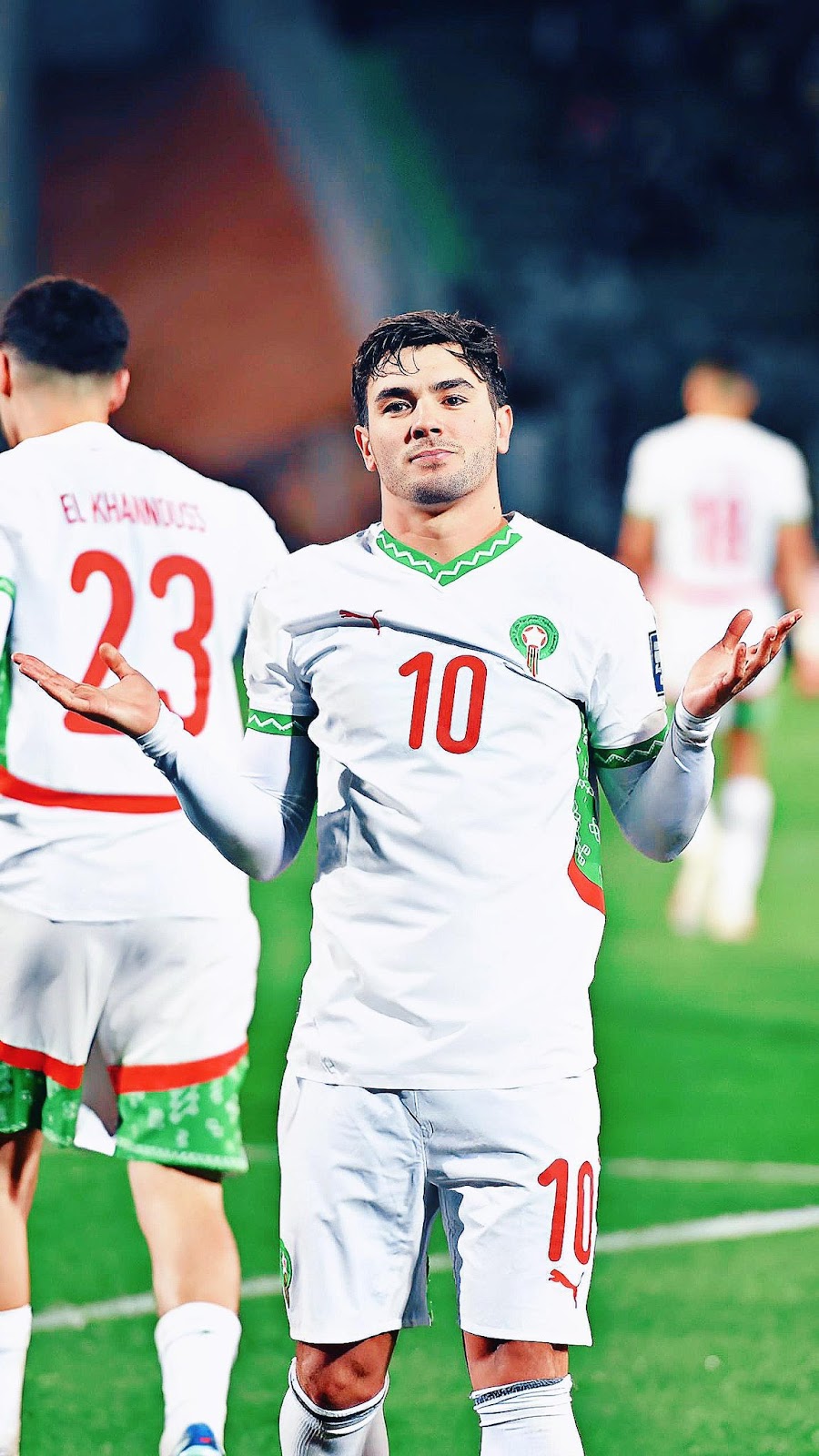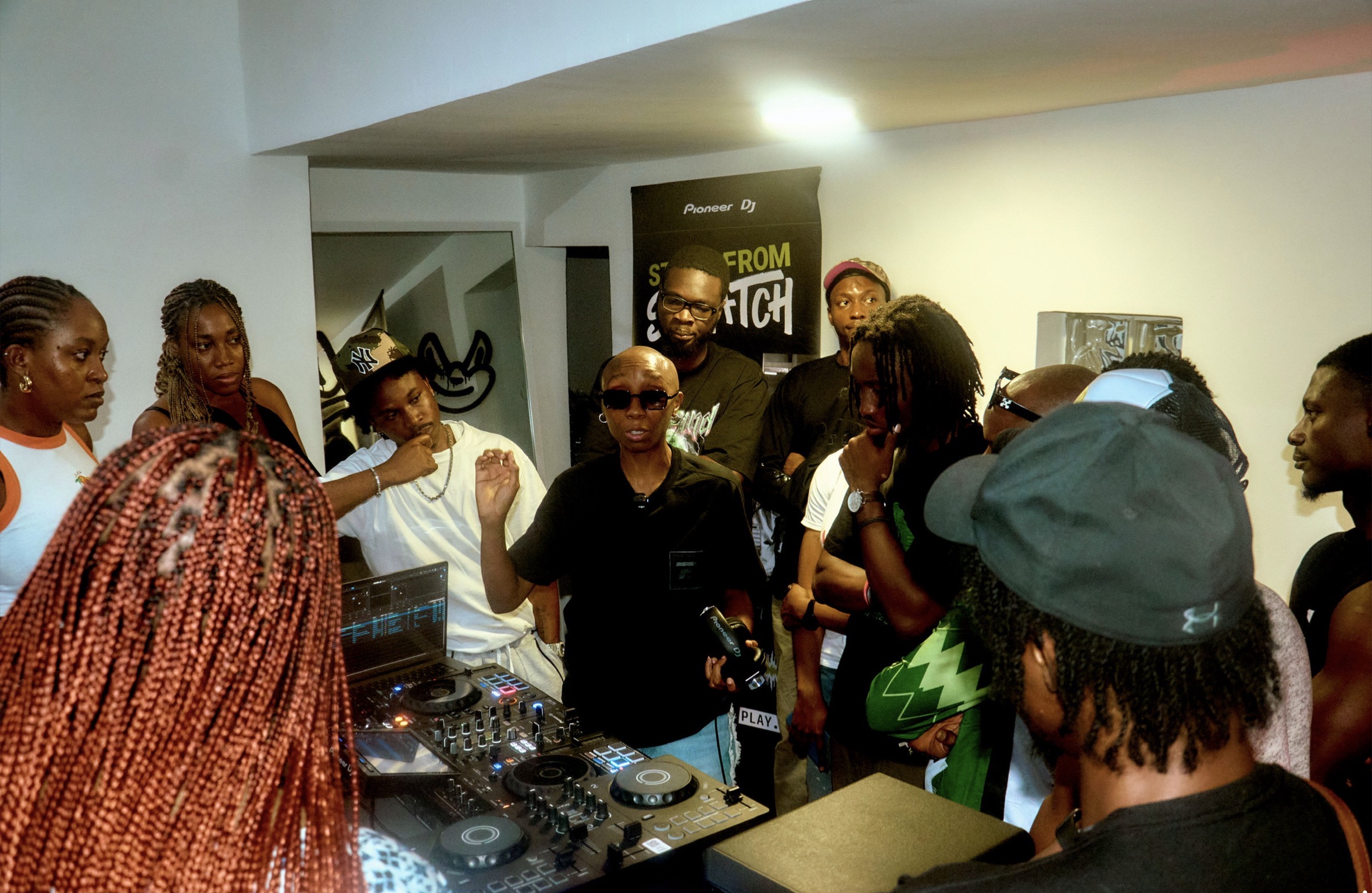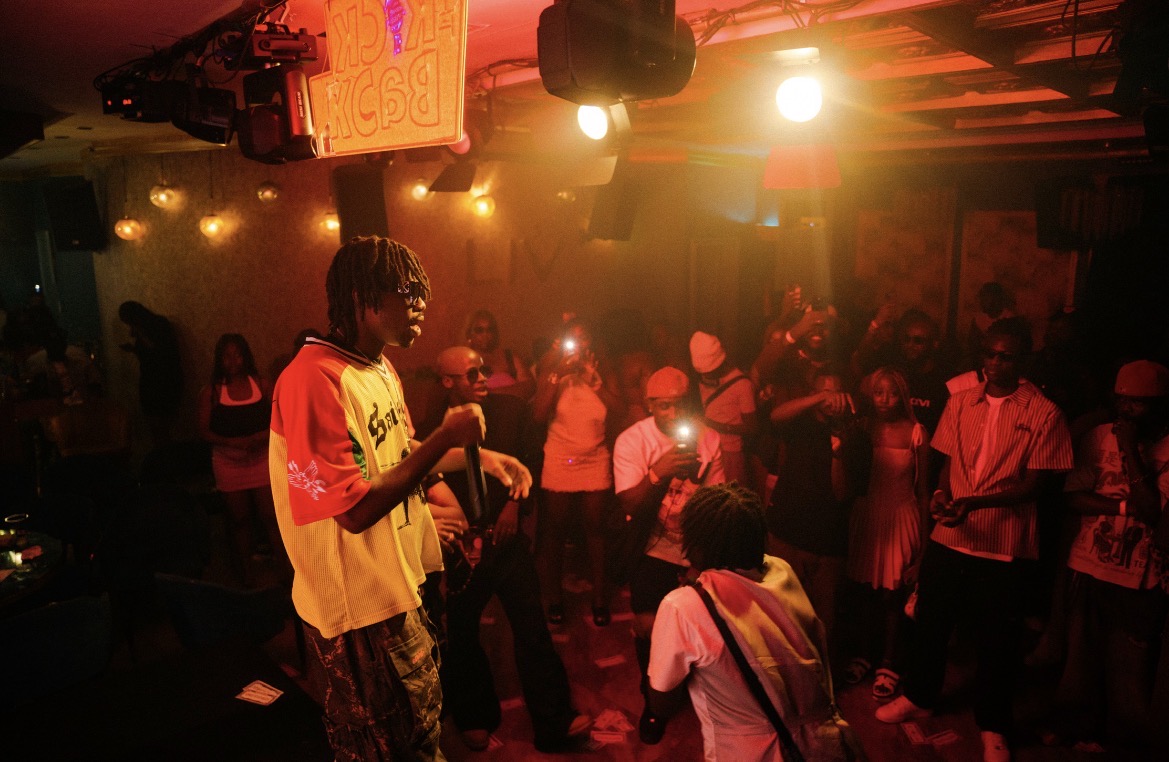The African continent has lost a staggering number of exceptional talents to European countries over the years. Players such as Zinedine Zidane, Karim Benzema, Kylian Mbappe, Bukayo Saka, Lamine Yamal, and Jamal Musiala are just a few of the many dual-nationality footballers who choose their European countries over their motherland. European countries have poached these talents, denying the African continent an opportunity to play host to the grandeur of these stars. France’s 2018 World Cup-winning squad was filled with numerous stars of African origin, the triumph comically referred to as one for the African continent.
In recent years, high-profile dual-nationality footballers such as Inaki Williams, Brahim Diaz, Ademola Lookman, Riyad Mahrez, Ola Aina, and Assane Diao have all resisted the European allure, opting to proudly wear African colours on the international stage. In this article, we examine the reasons behind the newfound appeal of the African continent to these footballers.

Limited Opportunities in European Squads Spark Reconsideration
One major reason dual-nationality footballers choose to honour their African heritage is the fierce competition for spaces in European countries. European countries are often stacked to the brim with world-class talent across several positions. Oftentimes, team selections are a nightmare for the coaches, and aside from players’ performances, several factors come into play in the selection process. This results in the exclusion of these African players from the teams, with no guarantees of selection at any point in time.
Aaron Wan Bissaka readily comes to mind. The West Ham United defender had to compete with Trent Alexander-Arnold, Reece James, Kieran Trippier, and Kyle Walker for a spot in England’s squad. A failure to receive a call-up to the England squad for years prompted the right back to weigh his options. Eligible through his parents, Wan Bissaka made a wise choice and chose to switch his international allegiance to The Democratic Republic of Congo this year. He has received a call-up for the Congolese team’s forthcoming matches.
This rigorous competition for spaces in European teams is responsible for the similar choices of players such as Munir El Haddadi, Ademola Lookman, Beto, Yann Gboho and Eliesse Ben Seghir. An apparent failure of the Spanish Football Federation to communicate with Brahim Diaz left him disillusioned with the idea of representing Spain internationally, opening the doors exclusively to Morocco.
Family, Identity, and Emotional Connections

Family plays a great role in determining the career trajectory of footballers, as career choices are regularly centred around familial interests. Inaki Williams expressed that one of the major reasons he decided to switch his allegiance to the Black Stars of Ghana was due to his aged grandfather’s lifelong dream to watch his grandson star on the global stage in the colours of his country. Unable to turn down his grandfather’s request, he made the switch and represented Ghana on the international stage, following a series of consultations with his family members.
Achraf Hakimi likewise disclosed that his upbringing in a Moroccan household and his family’s ties to the country prompted his decision to represent The Atlas Lions, honouring his Moroccan heritage.
Culture, Community, and a Sense of Belonging

What’s not to love about the footballing spirit of the African continent? The culture, pride, and fanaticism of Africans often endear footballers to the fans and the continent likewise. The sense of belonging and strong connections these footballers have to their respective African countries influence them to represent their countries. Retired France-born Cameroon international Benoît Assou-Ekotta publicly affirmed a strong sense of Cameroonian identity. His decision to represent the Central African nation stemmed from his inherent sense of attachment to the country, citing a total detachment from the French national team.
Similarly, Alex Iwobi declared that he was brought up in the Nigerian culture, and his love for Nigeria dictated his choice to snub England for Nigeria—a sentiment shared by numerous African stars. Africans have a high regard for foreign-based stars, and they never hesitate to show their affection for them at the slightest opportunity. The passion, reverence, and delight Ghanaians had for Inaki Williams during his visit to the country played a part in his decision to switch his allegiance to the country.
Additionally, the racism and marginalization of Black players also contribute to the detachment of black players from European countries. Everyone just wants to be a part of a community where they’re seen, loved, and accepted.
Childhood Dreams and the Pursuit of Legacy
Kids have burgeoning dreams and aspirations unstained by the harsh realities of life. Children have glowing ambitions of interstellar travel, World Cup triumphs, Ballon d’Or wins, etc. For some African stars, the childhood ambition to lead their African countries to the top of the game continentally and globally spurred their decisions to represent them on the international stage, eager to emulate and surpass the legacies of their childhood heroes.
The appeal of leading your country to continental and global glory is irresistible, most especially historic triumphs on the global stage. Assane Diao, one of Senegal’s brightest prospects, revealed that the reason he snubbed Spain for Senegal despite triumphing with Spain at the 2023 UEFA European Under-19 Championship was to help the West African country qualify for the World Cup. Countless Nigerian stars dream of surpassing the legacy of the iconic Dream Team, sweeping through the footballing world in record-breaking fashion. The Moroccan team shone brightly at the 2022 World Cup and the 2024 Summer Olympics, highlighting the fact that those childhood ambitions can become reality.
African Player of the Year Ademola Lookman’s career took a turn when he decided to represent Nigeria on the international stage. His success, along with that of other high-performing African stars, not only inspires upcoming and established talents but also highlights the potential for personal and professional growth. As more talents embrace their African origins on the international stage, they enrich the continent’s footballing pedigree, contributing to the strength and competitiveness of African football on the international stage.




